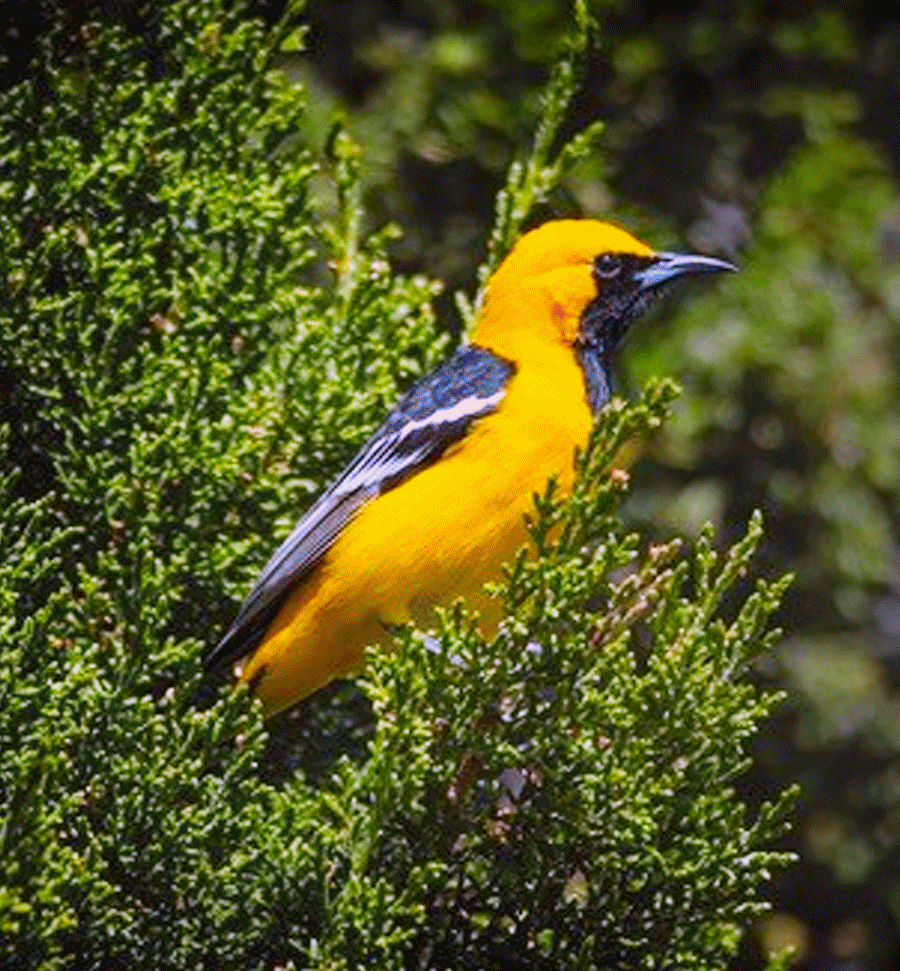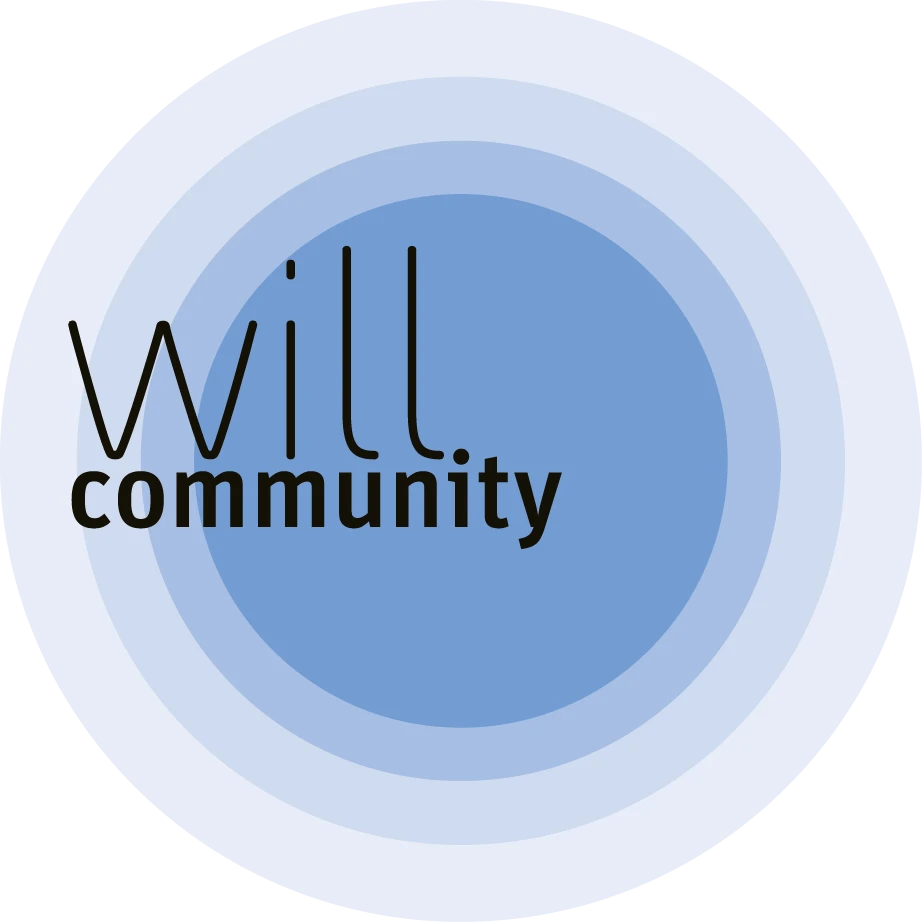 New Mexico students in grades 6 through 12 are invited to enter the Aldo Leopold Writing Contest to celebrate Leopold’s land ethic and win a cash prize. The deadline is 11:59pm on Thursday, February 7, and the awards ceremony will be at the first annual Leopold Lecture on Sunday, April 23 at the National Hispanic Cultural Center in Albuquerque. As stated on the program website, the goal of the contest is “to engage the next generation of citizen leaders in an urgent conversation about how to address the changing realities brought about by climate disruption, biodiversity loss, growing freshwater demands, and other pressing global conservation issues.” A downloadable entry form and additional information about other related initiatives can be found at www.leopoldwritingprogram.org.
New Mexico students in grades 6 through 12 are invited to enter the Aldo Leopold Writing Contest to celebrate Leopold’s land ethic and win a cash prize. The deadline is 11:59pm on Thursday, February 7, and the awards ceremony will be at the first annual Leopold Lecture on Sunday, April 23 at the National Hispanic Cultural Center in Albuquerque. As stated on the program website, the goal of the contest is “to engage the next generation of citizen leaders in an urgent conversation about how to address the changing realities brought about by climate disruption, biodiversity loss, growing freshwater demands, and other pressing global conservation issues.” A downloadable entry form and additional information about other related initiatives can be found at www.leopoldwritingprogram.org.
Disclaimer:
The views expressed here are those of the author and do not necessarily reflect those of the Southwest Word Fiesta™ or its steering committee.

We respectfully acknowledge that the entirety of southwestern New Mexico is the traditional territory, since time immemorial, of the Chis-Nde, also known as the people of the Chiricahua Apache Nation. The Chiricahua Apache Nation is recognized as a sovereign Native Nation by the United States in the Treaty of Amity, Commerce, and Friendship of 1 July 1852 (10 Stat. 979) (Treaty of Santa Fe ratified 23 March 1853 and proclaimed by President Franklin Pierce 25 March 1853).
Related Articles

Mimbres Press of Western New Mexico University is a traditional academic press that welcomes agented and unagented submissions in the following genres: literary fiction, creative non-fiction, essays, memoir, poetry, children’s books, historical fiction, and academic books. We are particularly interested in academic work and commercial work with a strong social message, including but not limited to works of history, reportage, biography, anthropology, culture, human rights, and the natural world. We will also consider selective works of national and global significance.

